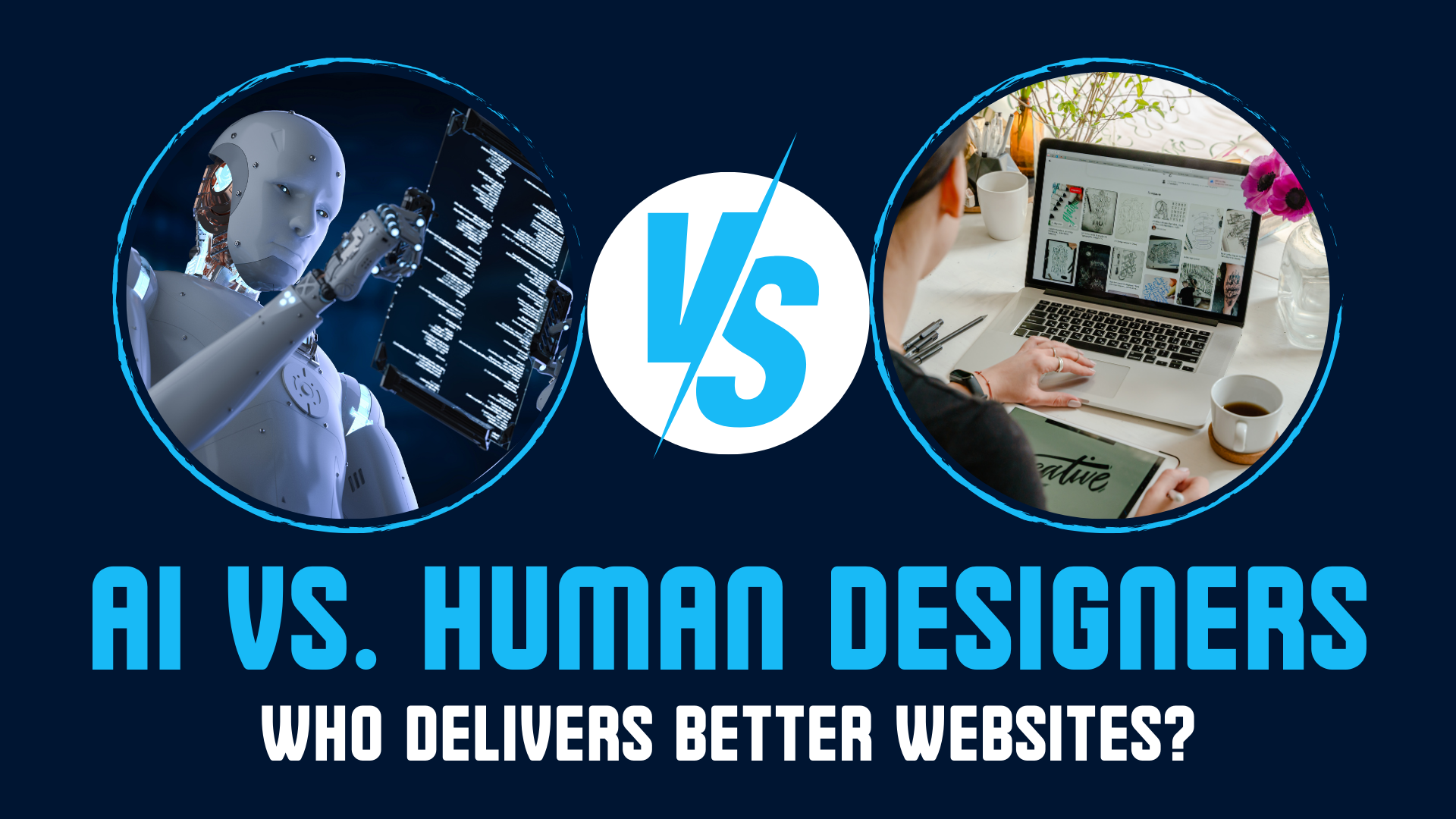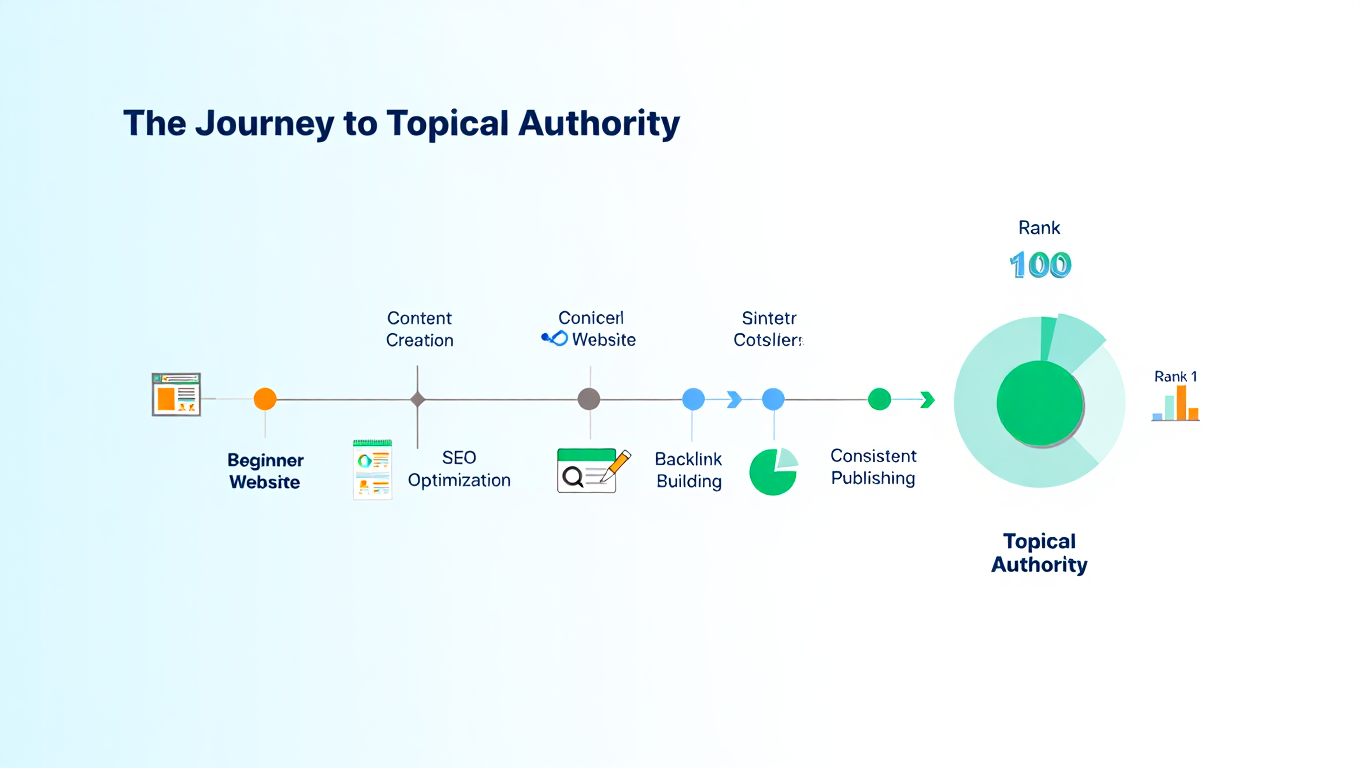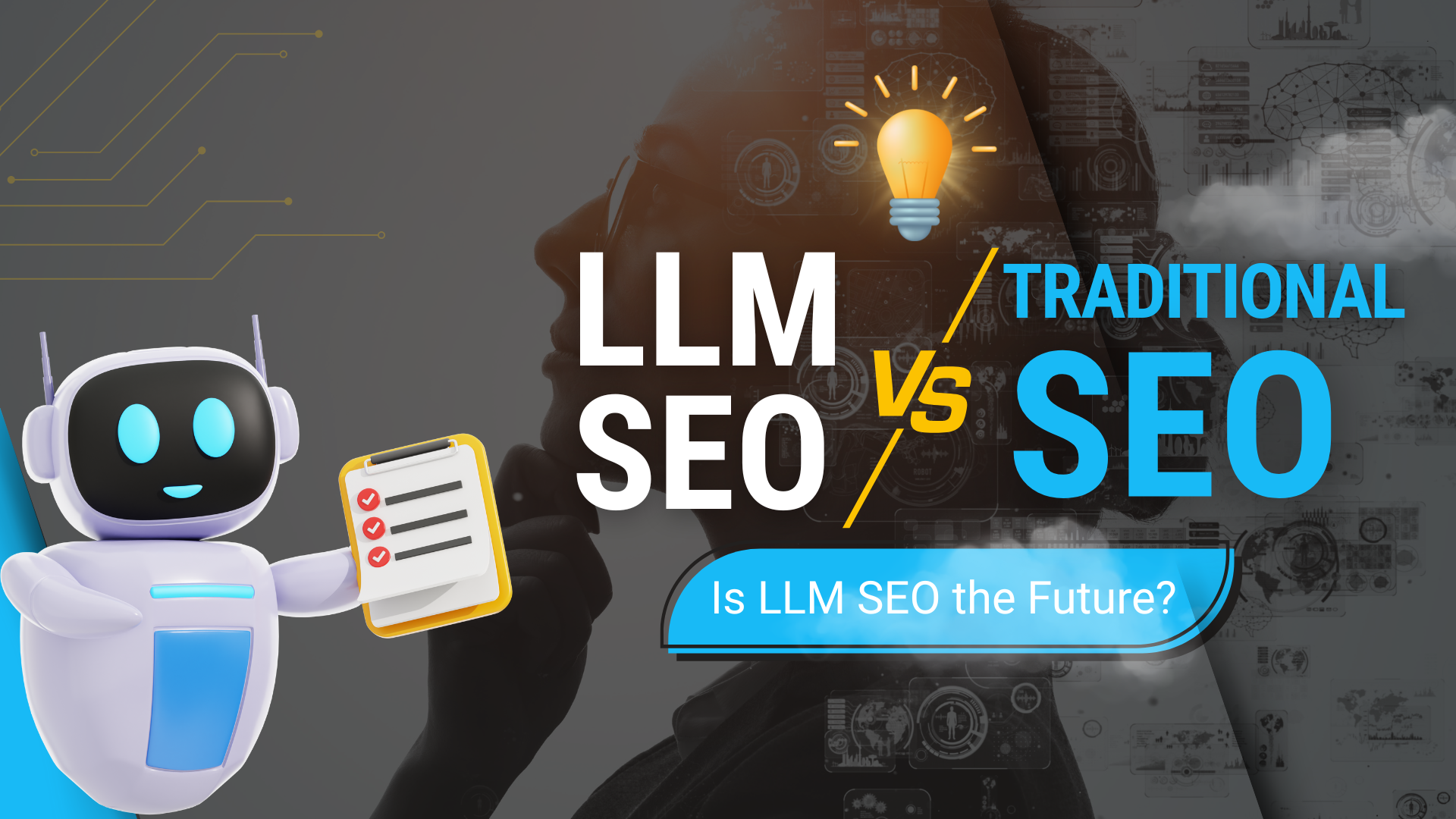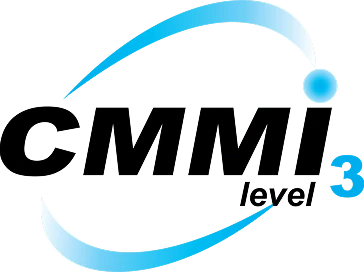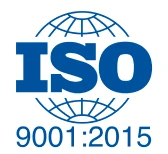Search engines once followed rigid rules, counting keywords and crawling links. That method shaped traditional SEO, but the landscape continues to shift. LLM SEO, supported by large language models, now responds to human-like queries and delivers context-driven answers. Search is no longer about keyword-stuffed pages but about answering questions with meaningful, structured, and optimized content.
The rise of AI-driven search creates a demand for LLM optimization and structured data that reflect true user intent. Unlike old practices, these systems understand context and reward topical authority.
The debate of LLM SEO vs Traditional SEO raises an important question. Can businesses continue with keyword density and link building alone, or must they adopt a new narrative shaped by AI tools and intelligent content structure?
The Turning Point in SEO Evolution
Search once measured success by rankings and repetitive keyword mentions. Today, AI systems observe behavior, refine context, and adapt content delivery. A shift toward voice search and conversational queries has encouraged the rise of LLM SEO. This new approach values clarity, relevance, and human-like structure over raw technical metrics.
Traditional SEO rewarded optimization based on formulaic steps. Technical SEO, backlinks, and keyword strategies were central. However, optimized content in 2025 requires a balance of these techniques and language model-driven understanding. Search engines no longer rely solely on mechanical factors; they adapt to conversations, storytelling, and semantic clarity.
The transition feels less like a replacement and more like a merging path. Old structures remain important, but LLM optimization introduces fluidity. Consumer-Sketch, considered among the best digital marketing companies in India, emphasizes that the focus has shifted from chasing algorithms to shaping experiences that guide readers naturally.
LLM SEO vs Traditional SEO
The shift between LLM SEO vs Traditional SEO shows how search has moved from strict rules to smarter, context-driven strategies.
Traditional SEO
- Depended heavily on keyword use, backlinks, and metadata.
- Often pushed pages to the top even without real value for readers.
- Measured success by formulas rather than by relevance or clarity.
LLM SEO
- Values context, clarity, and meaningful answers over repetition.
- Centers on user intent, natural language, and helpful brand mentions.
- Powered by large language model systems that understand different ways people ask the same question.
- Reduces the pressure of exact-match keywords by recognizing intent-driven connections.
Blending the two approaches creates the strongest path forward. The structural foundation provided by technical SEO from the traditional model continues to play an important role, ensuring pages remain accessible and properly optimized. At the same time, LLM SEO introduces adaptability, allowing content to align more naturally with the way people search and interact today. When combined, these methods build a strategy that balances stability with innovation, shaping a future-focused approach to search visibility.
Different Types of Content Marketing
Building authority in the era of LLM SEO requires more than a steady stream of blogs. The different types of content marketing bring unique strengths to visibility and engagement:
Long-Form Guides
- Provide depth and establish topical authority.
- Deliver structured knowledge that readers and search systems can trust.
Conversational FAQs
- Address user intent directly with clear, straightforward answers.
- Offer quick clarity without overwhelming details.
Visual Stories
- Infographics, short videos, and interactive formats make data engaging.
- Support structured data and help content connect with diverse audiences.
Short-Form Posts
- Snippets, updates, or quick tips align with voice search habits.
- Designed for fast, meaningful responses to everyday queries.
Each format demands careful SEO optimization, supported by AI tools and a strong content structure. Balanced storytelling and data-backed clarity shape strategies that remain resilient even as algorithms evolve.
Types of AI Agents
The types of AI agents reveal how search is changing and how information gets delivered in more natural ways:
Reactive Agents
- Respond instantly to commands.
- Work without memory, giving quick results but without deeper context.
Learning Agents
- Adapt and improve over time by gathering experience.
- Refine their responses to deliver more accurate outcomes.
Conversational Agents
- Mimic human dialogue to support voice search.
- Recognize intent in everyday language and provide natural answers.
Relevance to LLM SEO
- These agents detect nuance, interpret synonyms, and understand subtle intent.
- Their role makes LLM SEO more effective than keyword-heavy approaches.
- They ensure results feel human-centered rather than mechanical, keeping search engine optimization aligned with user expectations.
Content Structure in LLM SEO
A strong content structure is no longer optional. Optimized content must follow a clear hierarchy, balancing narrative with technical precision. Headers, structured data, and semantic links allow AI to identify relevance. Unlike traditional ranking systems, AI-powered search rewards clarity over clutter.
Pages filled with keyword-stuffed content risk penalties. Instead, well-placed brand mention, natural phrasing, and meaningful progression establish topical authority.
Role of Digital Marketers in the Shift
A skilled digital marketer no longer optimizes pages only for rankings. Strategies now revolve around guiding content through both technical SEO and AI comprehension. The goal becomes not just visibility but being the chosen answer.
This new narrative requires knowledge of AI systems, precision in LLM optimization, and creativity in building answers into every format. Agencies such as Consumer-Sketch stand out by aligning storytelling with advanced SEO optimization methods. For businesses exploring this transition, a simple step remains, contact us and begin reshaping visibility.
Final Note
Search stands at a decisive phase. Traditional SEO laid the foundation, but LLM SEO reshapes the map. Content filled with meaning, precision, and narrative becomes the true path to visibility.
Large language model integration ensures that answers are not only found but trusted. AI tools reshape search engine optimization into a system that reflects human thought.
The future appears less about competing tactics and more about a unified approach where LLM SEO vs Traditional SEO reflects a partnership, not a battle.
The future of search cannot be limited to formulas or repetitive terms. A balanced approach unites traditional SEO structure with the adaptability of LLM SEO.
Brands that value optimized content, authentic storytelling, and structured data emerge stronger. Voice search and conversational intent push businesses toward meaningful interaction, not mere ranking.
Agencies like Consumer-Sketch, recognized as the best digital marketing company in India, demonstrate how this shift is shaping tomorrow’s strategies. Businesses seeking guidance should contact us and explore the narrative that blends both worlds.

